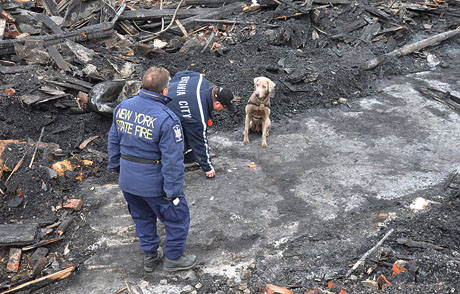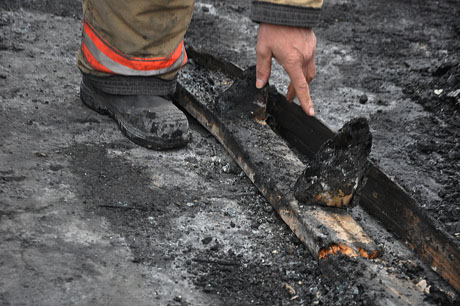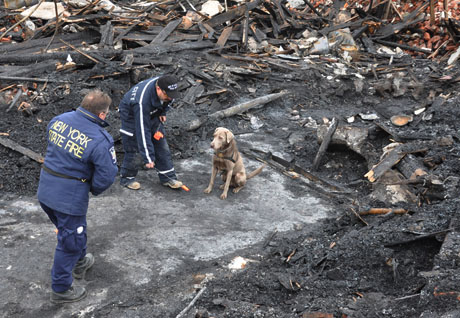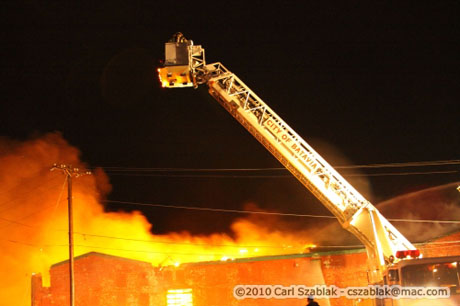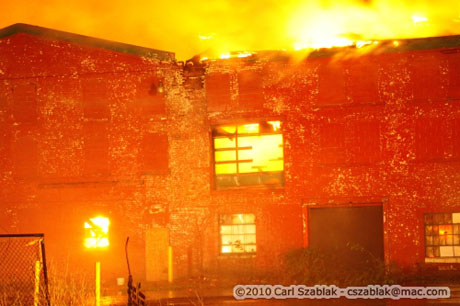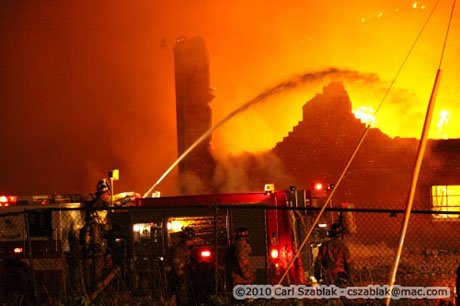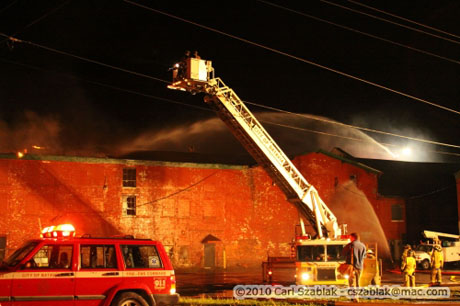Jurors get information related to phone calls and auto records
BATAVIA, NY -- Phone, insurance and auto auction records were presented to the jury today in the murder trial of Scott F. Doll, the Corfu man accused of killing Joseph Benaquist on Feb. 16, 2009.
Jacob Ebel, the retail sales manager for the Verizon store on Lewiston Road, Batavia, took the stand first and explained how to read the call records for Scott Doll's phone.
The record shows that Doll made his final outbound call on Feb. 16 at 4:01 p.m.
Later in the morning when the Adesa auto auction manager, Warren Klaus, was on the stand, it was established that the 4:01 p.m. call was to the Adesa auction house in Akron.
The phone records also show that there were eight inbound calls to Doll's phone between 5:16 p.m. and 11:04 p.m. Some of them within seconds of each other. Several of the calls were from the same number.
Ebel could not say who the inbound calls were coming from and no witness testified this morning on that fact.
A theory of the case put forward by Doll's attorney, Paul Cambria, in his opening statement last week, was that Scott Doll went to Benaquist's house after he and Josh Doll failed to show up at the auction house as planned. Doll, according to Cambria, found Benaquist barely alive. His final words, Cambria said, were "The boy. The boy."
Cambria said then that Scott Doll began to wonder if Benaquist meant his son, Josh Doll.
Insurance record testimony was given by Ed Sager, a State Farm underwriter. He testified that Benaquist had a personal auto policy with State Farm.
Benaquist did not have a "garage owner's" policy, which would have allowed Benaquist to use dealer plates on any car and have those cars covered while in operation.
The personal policy first covered a 2006 Chevy Malibu from Aug. 17, 2006 to Sept. 10, 2008. Starting on Sept. 10, 2008, Benaquist had an insurance policy on a 2008 Pontiac G6.
At the time of Benaquist's death, there was coverage in place in his name, on the G6, a Chevy Corvette and a Nissan Altima.
Sager did not know if Benaquist had any other vehicles insured with another company, or if he might have a "garage owner's" policy through another company, he said in response to questions from Dan Killelea, also representing Doll.
There were six vehicles parked on Benaquist's property at the time of his death, according to previous testimony.
Klaus was on the stand when Judge Robert Noonan called for a lunch recess.
During his morning testimony, Klaus said that in February 2009, Scott Doll's auto dealer company, SF Enterprises, had two authorized agents with Adesa access cards -- one for Scott Doll and one for Brandon Doll.
In previous testimoney we learned Brandon's Card was in Benaquist's wallet at the time of this death.
Klaus testified that, while it's ideal that only the person issued the card ever uses it, it is possible for an unauthorized person to use another auto agent's card to gain access to the auction.
When authorized agents enter the auction area, they first swipe their cards into a computer system.
Computer records are kept of when people arrive at the auction. If the dealer buys a car that day, a computer-stored digital signature of the buyer appears on the sales receipt.
On the receipt for the 2006 Malibu, the digital signature of Brandon Doll appears on the receipt. The Malibu was purchased Aug. 15, 2006 for $12,500 with a $250 buyer's fee. The odometer read 15,981 miles at the time of purchase.
On the G6, the car was bought at auction on Sept. 9, 2008. The digital signature belongs to Scott Doll. The purchase price was $13,300 with a buyer's fee of $245. The odometer reading was 20,483 miles.
Klaus also testified that in January 2009 and on Feb. 12, 2009, auction access to Adesa was denied to SF Enterprises because of bounced checks. In both cases, the checks were made good the next day.
According to Klaus, auctions open to all dealers are only held on Tuesdays. Once a month, on a Monday, there is an auction open only to Ford dealers.
In February 2009, only Scott and Brandon Doll had access cards for the auction. But Klaus testified that upon reviewing the printouts of his company's computer records, he found many other people also had access cards from SF Enterprises. Klaus said the list is three pages long.

